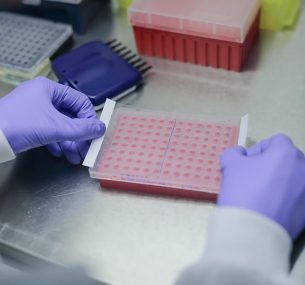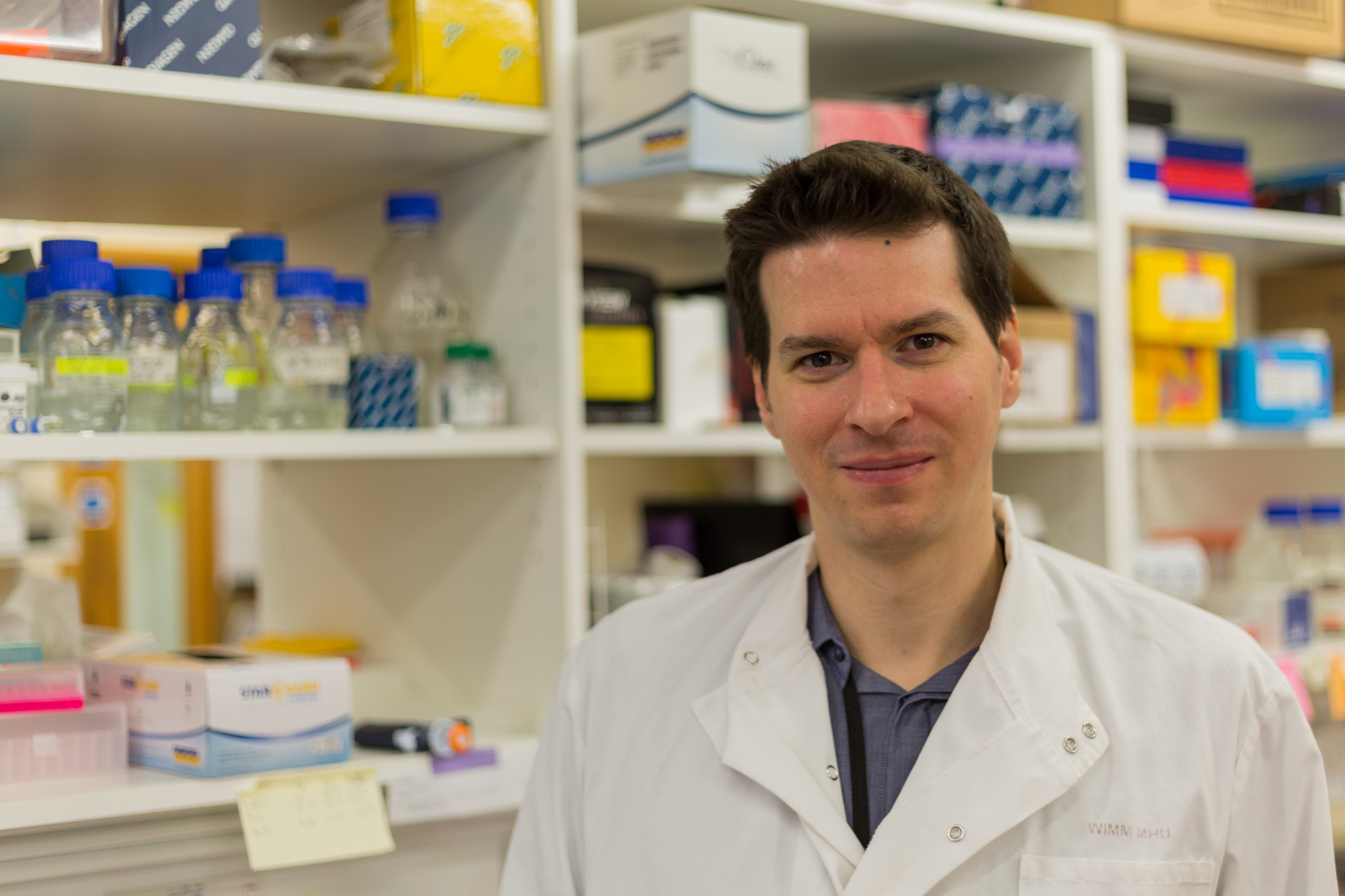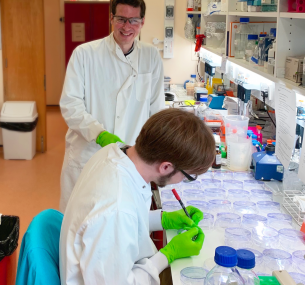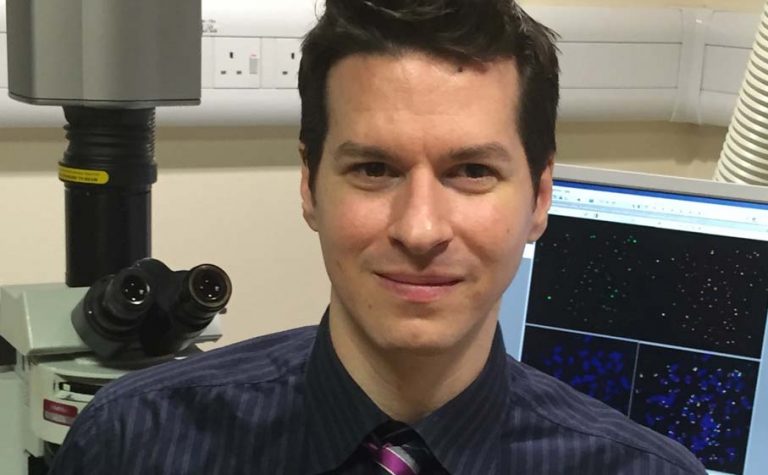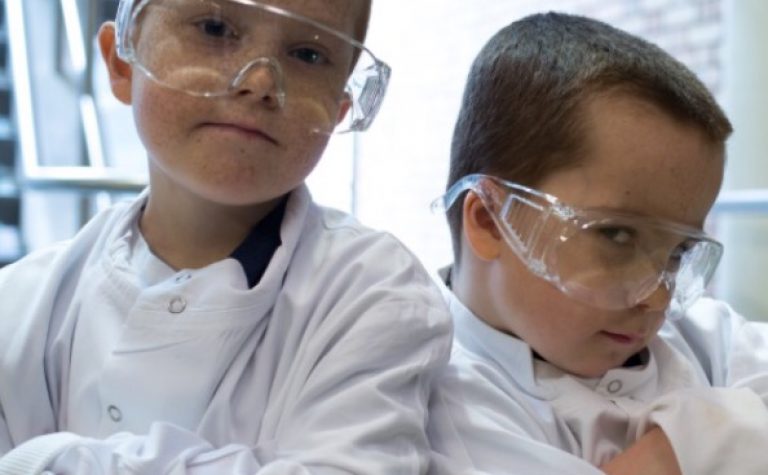DNA mutations
Both childhood and adult cancer are thought to be caused by mutations in DNA which make a cell divide too many times and uncontrollably. This causes a tumour, which ultimately causes our body harm.
Incidence
Childhood cancer cases are much rarer than in adults (affecting approximately 15 per 100,000 children annually) and the typical number of mutations present in a cancer cell found in a child tends to be much lower (as few as 10 as compared to 100 or more).
Type of cancer
A key difference between adult and childhood cancers is the type of tissue from which the cancer develops. Childhood cancers often develop from embryonic cells that you find in the developing foetus. Adult cancers commonly develop from what we call epithelial tissue (we call these cancers carcinomas) which make up our skin and the lining of our organs, for example in lung, breast, colon and prostate cancer. However with children, the most common solid tumours include
brain and spinal (26%), soft tissue
sarcomas (6%), and tumours of the sympathetic nervous system (5%) which include
neuroblastoma.